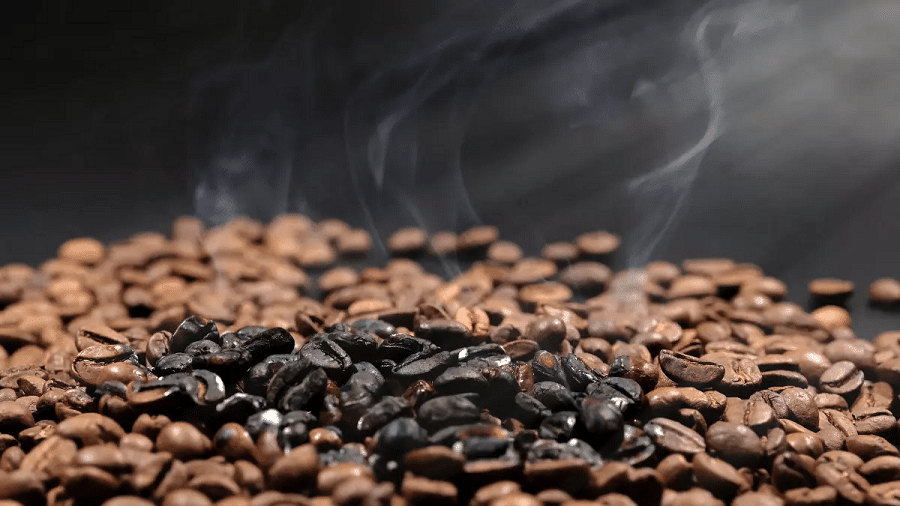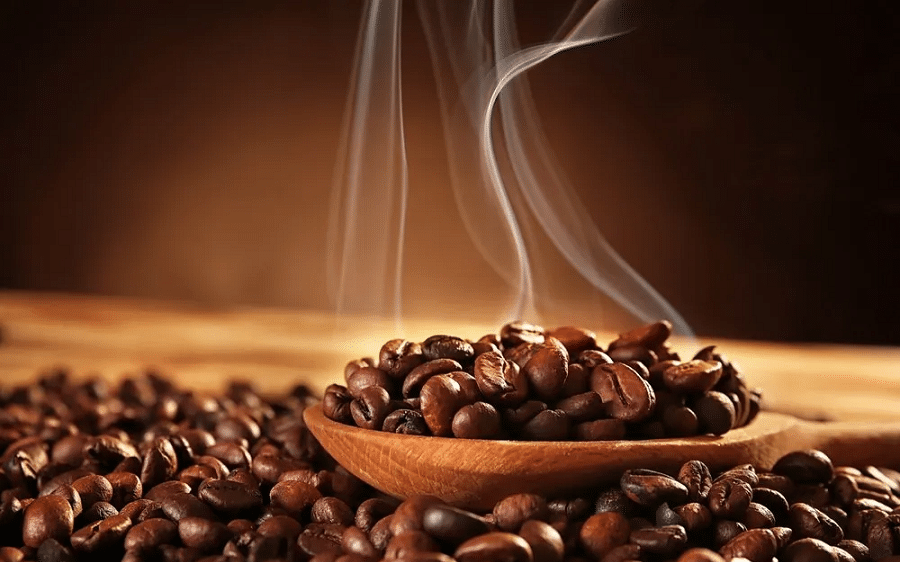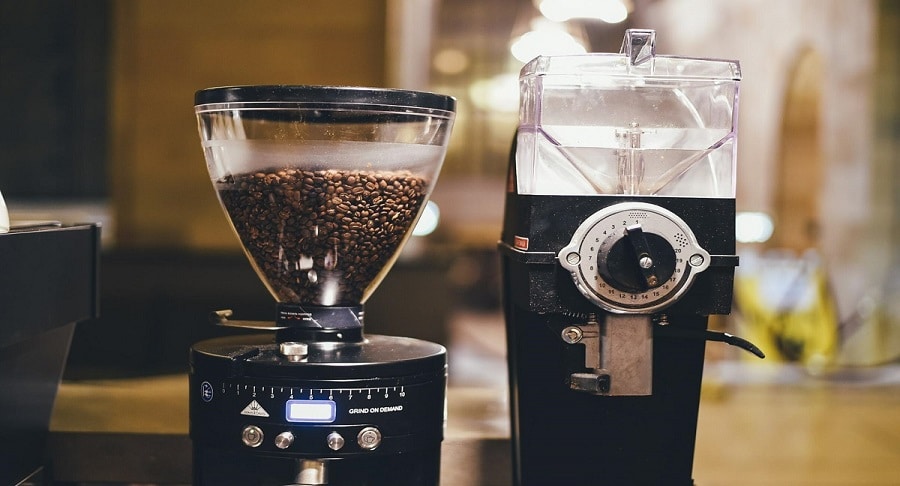Is your morning cup of coffee tasting a bit off lately? Perhaps you burnt it, but is that even possible? Wonder no more; learn whether or not you can burn coffee in this comprehensive guide.
If you're a coffee fanatic, you know the blissful aroma of a fresh brew. But what happens when that scent turns into a strong, pungent odor of burning? And the taste, oh the taste – it's just not the same. Believe it or not, coffee can actually burn, leaving you with a bitter and unpleasant cup.
Don't worry, we've got you covered. In this article, we'll dive deep into the science of coffee brewing and uncover how and why coffee burns and, most importantly, how you can prevent it from happening. So, let's get brewing and discover the secrets to a perfect cup of coffee every time!
Can Coffee Really Burn?

Believe it or not, coffee can suffer the same fate as anything else exposed to heat – it can burn. This happens when the coffee is brewed for a long time or with too much heat. To roast your coffee beans to perfection, keep a close eye on their color change throughout the roasting process; when your coffee beans reach a beautiful golden-brown color, it's a sign of a perfect roast.
But if you let them continue roasting past this point, you're in for a burnt and bitter surprise that nobody wants in their cup. So, take them out, let them cool, and avoid the disaster of burnt coffee.
Why Does My Espresso Taste Burnt?
If you have burnt your coffee before, it may be because of one of the following reasons.
Roasting Duration

In most cases, burnt coffee results from poorly roasted coffee beans. If the coffee beans appear too dark, they have been over-roasted, and the resulting cup of coffee will taste bitter and burnt – the darker the coffee, the more bitter the taste.
You might even notice a smoky or charred taste if you roast your coffee for a long time. Always make sure you pay extra attention to the roasting process to ensure you have the perfect roast — not under-roasted and not over-roasted.
The Temperature Of Water
How hot is the water you use to brew your coffee? If the water is too hot, it could result in a harsh, bitter taste. Contrary to popular belief, boiling water is not the way to go. Even a 7-degree difference can make all the difference in taste! To achieve the perfect brew, aim for a temperature range between 195º F and 205º F instead of the boiling point of 212º F.
But fear not; without a thermometer, you can still achieve coffee nirvana by letting your water cool for just 30 seconds. When you use boiling water, it will extract even the naturally bitter flavors found in coffee beans. Therefore, the secret is to use water just below the boiling point.
Brew Machine

Is your automatic drip machine ruining your coffee with a burnt, bitter taste? It could be due to the use of boiling water! Upgrade to a higher-end model that allows you to control the temperature and avoid extracting those harsh compounds.
Additionally, watch out for uneven water dispersion, which can leave some grounds oversaturated while others remain dry, resulting in a less-than-desirable flavor. Don't settle for mediocre coffee – upgrade your drip machine and taste the difference.
Pro Tip(s): Want to avoid burnt, bitter coffee? Skip the hot plate on your automatic brewer! Hot plates can over-extract your coffee, leading to a harsh taste. Instead, pour your freshly brewed coffee into a thermal carafe or insulated mug to keep it warm without continuing the extraction process. Say goodbye to burnt coffee and hello to a perfectly balanced cup every time.
Effects Of Burnt Coffee On Taste And Aroma

If you've ever had the unfortunate experience of burning your coffee, then you know all too well the unpleasant taste and aroma it can produce. The hot water you add to your cup will drain all the bitter flavors from the burnt coffee beans, leaving you with a cup of coffee that tastes and smells like charcoal. Does this mean you should throw the entire pot out? There should be a quick workaround, right? Add some flavor – that's the key. This can be informed of –
- Cardamon
- Ginger
- Cinnamon
- Nutmeg
Just sprinkle some in the pot and filter it while pouring the coffee into your cup. It will make everything better!
Ways to Avoid Burnt Coffee?
Are you tired of burning your coffee whenever you try to make it? Try the following tips:
- Avoid Boiling Water: Boiling water will extract bitter flavors from the coffee, so it's best to use water that is around 195-205 degrees Fahrenheit instead. If you don't have a thermometer, bring the water to a full boil and then let it sit for 30-45 seconds before pouring; this way, the water will only extract the best flavors from the coffee.
- Don't Over-roast: Over-roasting coffee beans is the most common way to burn your coffee. Always make sure you are watching the roast and that it is at the right temperature. If the beans are turning darker than you would like, take them off the heat immediately.
- Avoid Pre-ground Coffee: Pre-ground coffee can have been sitting for a long time, and the oils in the beans will have evaporated, making it lose its flavor. You also don't know how long the coffee had been roasting before it was ground so it might be burned already. Always, buy whole beans and grind them yourself.
Bottom Line
Well, now you know – coffee does actually burn, and burning it isn't so hard. If you are roasting your own coffee beans, always be on the lookout for a change in color and smell. If the beans start turning dark, it's time to take them off the heat.
If you are not roasting your coffee beans, always go for a top high-quality brand of coffee. But even then, ensure your water isn't too hot – boiling water will extract even the bitter flavors from the beans. Therefore, always ensure you leave the water to cool for 30 – 45 seconds after boiling. This way, you ensure the perfect cup of coffee with no burnt aftertaste.